One Size Does NOT Fit All
We’re diving into a confrontational subject with this blog. There may be opinions contrary to the information we are providing, and we welcome that feedback. We believe that by engaging in meaningful and difficult conversations, we learn more about ourselves and the work we do.
“When engaging with widely distributed and uncited information, we need to remain curious.”
Since the onset of COVID-19 and the social restrictions, Toni and I have noticed a lot of mental health advice and expertise being offered on social media platforms. As therapists we feel a bit conflicted about this. On one hand, it’s fantastic that information about mental health and ways of tending to emotional wellness is more accessible and less stigmatized. On the other hand, this information—although sometimes coming from a reliable source—is not always beneficial or supportive. We worry about the “quick-fix” that most internet scrollers are seeking. And we are here to tell you that there truly is no “quick fix.” If there was, so many supportive and reliable practitioners would be out of a job. So, offering psychological “truths” or “advice” is very tricky, especially when it’s being offered en masse. Our emotional experiences (similar to our physical experiences) are very personal to our neurobiological make-up, family history, trauma history, medical history, socio-cultural experience/background, ability, and so many other factors not listed.
Photo by Ashley Batz on Unsplash
Furthermore, there is a lot of misrepresented or misinterpreted information floating around the internet that is coming from unreliable sources. It’s clear that people not trained in mental health are offering information outside their realm of expertise. These individuals may be well-liked and well-meaning, but that does not make them an expert in the information they are sharing.
Wellness, like any other, is an industry seeking to make money. And thus, we have to use an inquisitive lens when we are exploring wellness material. Wellness coaches, yoga instructors, mindfulness coaches, life strategists, transformational coaches, wellness consultants, personal development coaches, and entrepreneurial leaders are all fantastic humans and often have a lot of knowledge to share. However, their training is often not clinical. They did not have to go through the rigorous training of a clinical program to understand the ethical implications of working with someone and their mental health. They know how to motivate, instruct, and inspire in ways that feel captivating but can also be misleading.
We are not encouraging you to unfollow inspiring individuals on your social media platforms (although that may be necessary), but we are asking you to be a critical reader and listener. When engaging with widely distributed and uncited information, we need to remain curious. It’s necessary to be asking questions like:
Photo by Noah Buscher on Unsplash
Who is this person delivering this message? Do they have an agenda (selling something)?
How does it make me feel when I read their message/advice/insight? (Tap into your intuition)
How can I take and use this information with an understanding that it may not be that simple or easy?
What is it that I’m seeking or needing right now that I feel this message/advice/insight is offering me?
We also ask that you refrain from berating someone’s message, lifestyle, or lens. We instead encourage you to remain inquisitive and experimental. Invite yourself to see the bigger picture. Try not minimize your experiences by believing a 30-day challenge is going to fix all of your problems. Changing patterns/behavior/emotional ruts and inviting more hope and joy into your life takes a lot of investment, time, and patience.
We also cannot expect to emotionally confront our “bad habits” or historical patterns in a bubble. We need our people to cheer us on. We often need a professional to guide us through the tough experiences we have faced and continue to face. And we need a foundational sense of safety. COVID is making all of these difficult to access. Lack of access can evoke feelings of helplessness/hopelessness because we lack the agency over our lives we are accustomed to having (which make those bulleted social media posts even more enticing). Will those stress reducing meditations and mindfulness exercises be helpful? OF COURSE! But they are not solving anything. Because, most importantly, we are not fundamentally meant to be “fixed.” And one size does not fit all with this type of growth. If we are wanting to embark upon this work, we have to confront ourselves in ways that is deeply vulnerable and difficult.
Photo by Max van den Oetelaar on Unsplash
So please…the next time a 6-week course, a creative list of affirmations, a new daily routine, some sparkly stress-management techniques, or a “must have” self-care regimen crosses your feed, slow down. Take a deep breath. And do some inquiry or research before committing to something that may be asking you to deny/reject parts of who you are.



